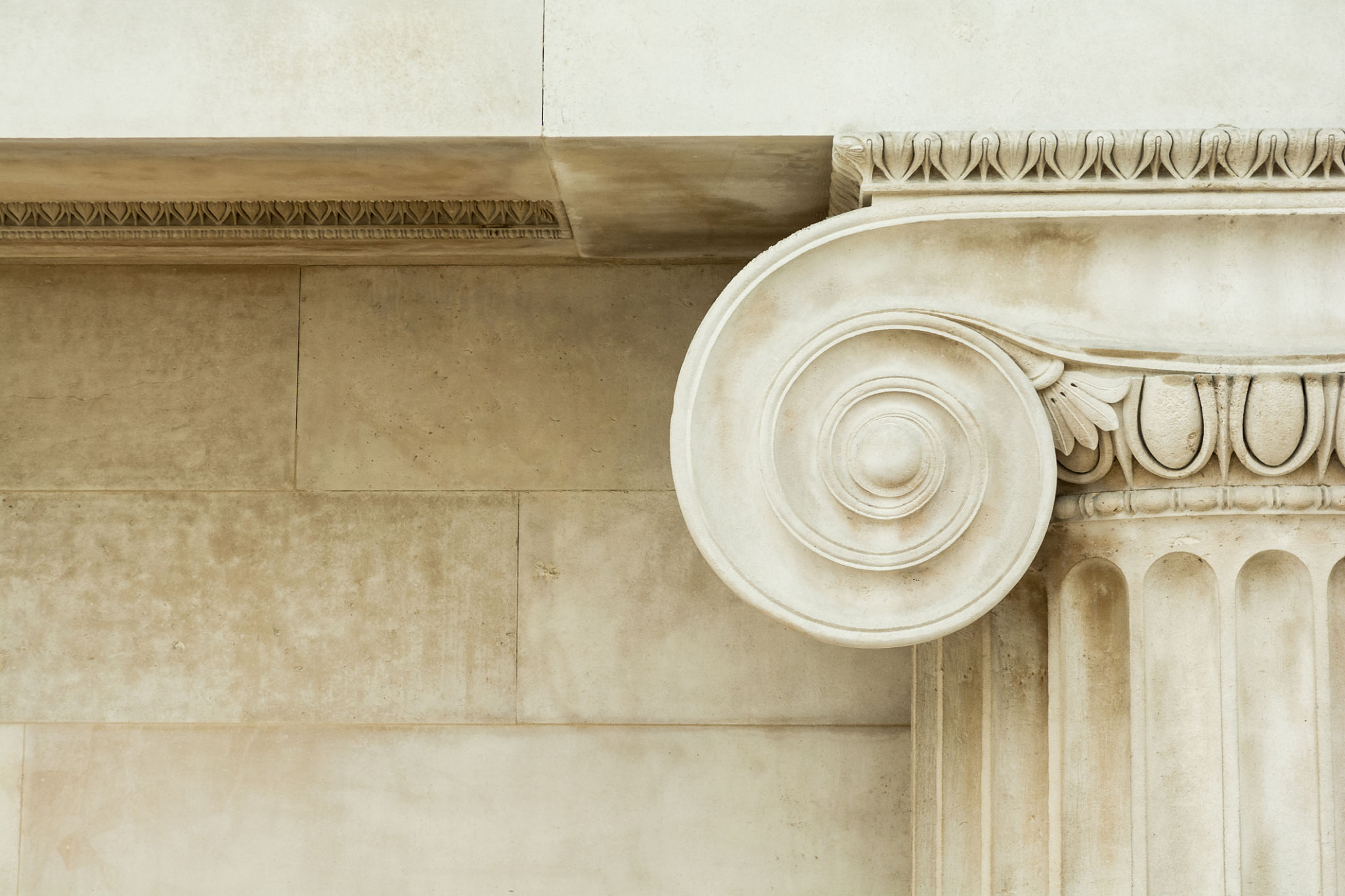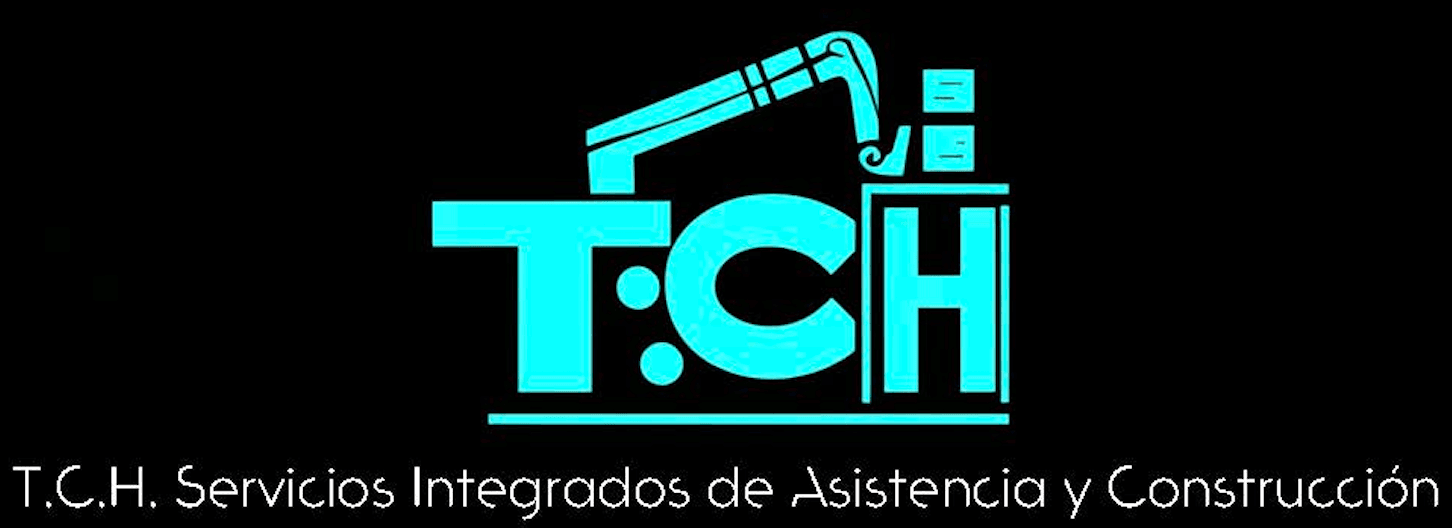Case Study: Successful Urban Development Projects in Cuauhtémoc
Introduction to Urban Development in Cuauhtémoc
Cuauhtémoc, a vibrant borough in Mexico City, has been at the forefront of urban development projects in recent years. These projects aim to enhance the quality of life for residents while preserving the rich cultural heritage of the area. In this case study, we explore some of the most successful urban development initiatives that have transformed Cuauhtémoc into a thriving hub of innovation and culture.

Revitalization of Public Spaces
One of the key components of Cuauhtémoc's urban development success has been the revitalization of public spaces. The government and private sector have collaborated to refurbish parks, plazas, and other communal areas, making them more accessible and enjoyable for the public. This has not only improved aesthetics but also fostered a stronger sense of community.
Key Projects
Some noteworthy projects include the renovation of Parque México and Plaza Río de Janeiro. These spaces now feature modern amenities, improved landscaping, and safer environments, encouraging more residents to engage in outdoor activities. Additionally, these areas host regular events and markets, boosting local businesses and tourism.

Transportation Infrastructure Improvements
Transportation is a critical aspect of urban development, and Cuauhtémoc has made significant strides in enhancing its infrastructure. The introduction of new bus routes, bike lanes, and pedestrian-friendly streets has greatly improved mobility within the borough. These changes have not only reduced traffic congestion but also promoted sustainable commuting options.
Impact on Residents
The impact on residents has been profound. With easier access to public transport and safer cycling routes, more people are opting for eco-friendly modes of transportation. This shift not only benefits the environment but also contributes to a healthier lifestyle for the community.

Preserving Cultural Heritage
While modernizing the borough, it was crucial to preserve its historical and cultural identity. Cuauhtémoc's development projects have been carefully designed to maintain the balance between progress and tradition. Renovations of historical buildings and the establishment of cultural centers have ensured that the area's rich history remains intact.
Cultural Initiatives
The establishment of museums and art galleries showcasing local talent is a testament to this commitment. These institutions not only provide cultural enrichment to residents but also attract tourists eager to explore the unique heritage of Cuauhtémoc.

Conclusion: Lessons Learned
The urban development projects in Cuauhtémoc serve as a model for other urban areas aiming for sustainable growth. Key lessons include the importance of community involvement, preserving cultural heritage, and prioritizing sustainable practices. As Cuauhtémoc continues to evolve, it stands as a beacon of successful urban planning that others can learn from and emulate.
